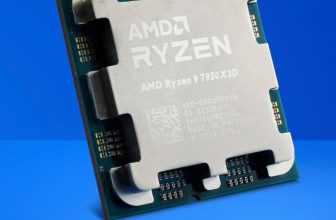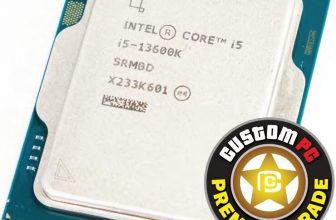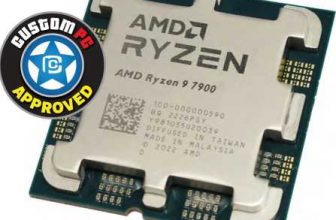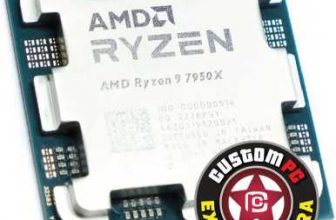Intel Core i9-9900K: Set to Break Records
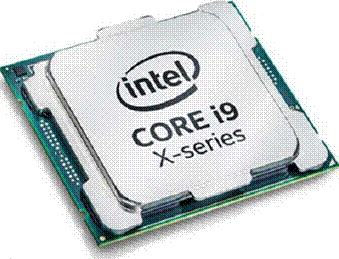
Intel readies ninth-gen chips, but we have to wait for 10nm
INTEL HAS YET to officially announce its 9000-series chips (as we write), but motherboard manufacturers and others have been leaking details left, right, and center. MSI, Asus, and Gigabyte have all let slip their support for 9000-series chips, including the welcome news that you won’t need a Z390 chipset, just a BIOS-updated eighth-generation one.
The 9000-series is branded as ninth-generation chips, but is actually little more than a set of slightly faster eighth- gen ones. Essentially, Intel is squeezing as much as it can out of its existing 14nm Coffee Lake architecture, now on its third generation, principally because it hasn’t got much else ready yet.
Last month, details of the i3 and i5 versions were widely leaked. This month, it’s the turn of the faster ones, though nothing is confirmed so far. We have the Core i7-9700K, effectively replacing the i7-8700K: rumor now has it that the i7-9700K will move to eight cores, but drop Hyper- Threading. It’ll have a base clock of 3.6GHz, and a 4.9GHz Turbo. If true, this would put it roughly on par with a Ryzen 7 2700X, at a similar price point, which is surely no coincidence.
See also: Intel Core i9-9900K Review: Even more mainstream cores from Intel
At the top of the tree is the Core i9-9900K—note the “i9” designation, now used on a mainstream desktop chip. There are benchmarks of this one about, taken from an engineering sample. It’s an eight-core. 16-thread chip, backed by 16MB of cache. The base clock is 3.6GHz. and a Turbo mode of up to 5GHz (gasp). It’s supposedly a 95W TDP part, so expect some serious cooling. Both top 9000-series

will feature soldered heat spreaders to help with this.
The initial test results look good, and have lead to some overly aggressive things being written about how it “thrashes” a Ryzen 7 2700X. Sure, it’ll be faster. This will be Intel’s new halo desktop chip. And Intel does like its halo chips. It will also be horribly expensive. AMD will remain the value choice across practically the whole market, but Intel can at least hold the crown as the fastest.
Intel is facing increasing competition from AMD. and it shows. Barclays Trading Hub downgraded its rating for Intel shares, its analyst lowering the price target by 7 percent. The technology lead Intel once had over AMD is eroding. It’s not just at the desktop level either. The profitable server market, specifically the single-socket market, which has been a traditional Intel stronghold, and a profitable one, has seen huge inroads by AMD’s EPYC chips. Intel will not be shipping its 10nm chips until next year, while AMD will start production of 7nm GPUs and CPUs toward the end of this year.
It’s been years since Intel faced such rivalry across so many sectors, and one with such depth. AMD has had excellent processor designs before, which have embarrassed Intel, but it never lasted long. Intel could always throw capital at the shortfall, while AMD would struggle to follow up on its initial design. This time. AMD’s Zen architecture is not only sound, but has a roadmap that moves into the server market, and into the years ahead.
But this is Intel; it has deep pockets, and it will respond. What is clear is that it won’t be for months yet. Until then, it has to keep us amused with tricks and refreshes. The Core i9-9900K will capture headlines, and have fanboys in a lather. The official 9000-series launch will be soon now, and we’ll see exactly what we are getting, and as every good showman knows, it pays to have something new at the final reveal (that’s what we hope for. anyway).
AMD will remain the value choice, but Intel can at least hold the crown as the fastest.


